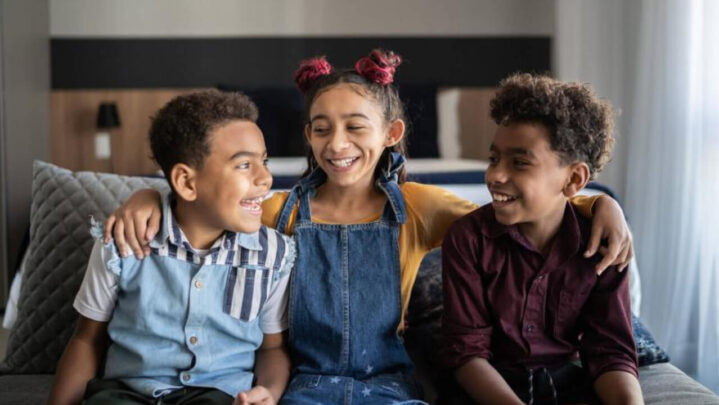According to a study, people are more inclined to show kindness to their mother’s side cousins than their father’s.
The connections between cousins have generally gone unstudied by psychologists, despite the fact that they are just as important as those with our parents, siblings, and grandparents.
95 college students between the ages of 18 and 27 were chosen by psychologists Joonghwan Jeon and David Buss from the University of Texas at Austin for their study. Only blood cousins were to be taken into account; step-parents and adopted parents were to be disregarded. They were then asked to rank their likelihood of trying to rescue a cousin’s life by entering a burning building.
They considered a number of variables, including the similarity of the cousins’ ages, the degree of contact between them, and how close they resided.
Their findings clearly indicated a preference for maternal cousins.
Because the kid develops in the mother’s womb during pregnancy, Pasco Fearon, a psychologist at University College London, stated that “a woman knows 100% that her genes are in her. There is no physiologically indisputable evidence that a man’s child is genetically his.”
From an evolutionary perspective, humans are naturally and psychologically motivated to pass on their genes to their offspring through siblings or children. Uncertainty surrounding paternity leaves open the prospect that a man may be preserving someone else’s genes.
According to their findings, people are most charitable toward their mothers’ siblings, followed by their mothers’ brothers and fathers’ sisters, and are least charitable toward their fathers’ brothers.
Conclusion: Everyone is entitled to their own opinion. Some people connect with their father’s cousin, while others prefer their maternal cousin; it depends on how each individual developed their relationship.
Also Read: Be a role model for your younger siblings





